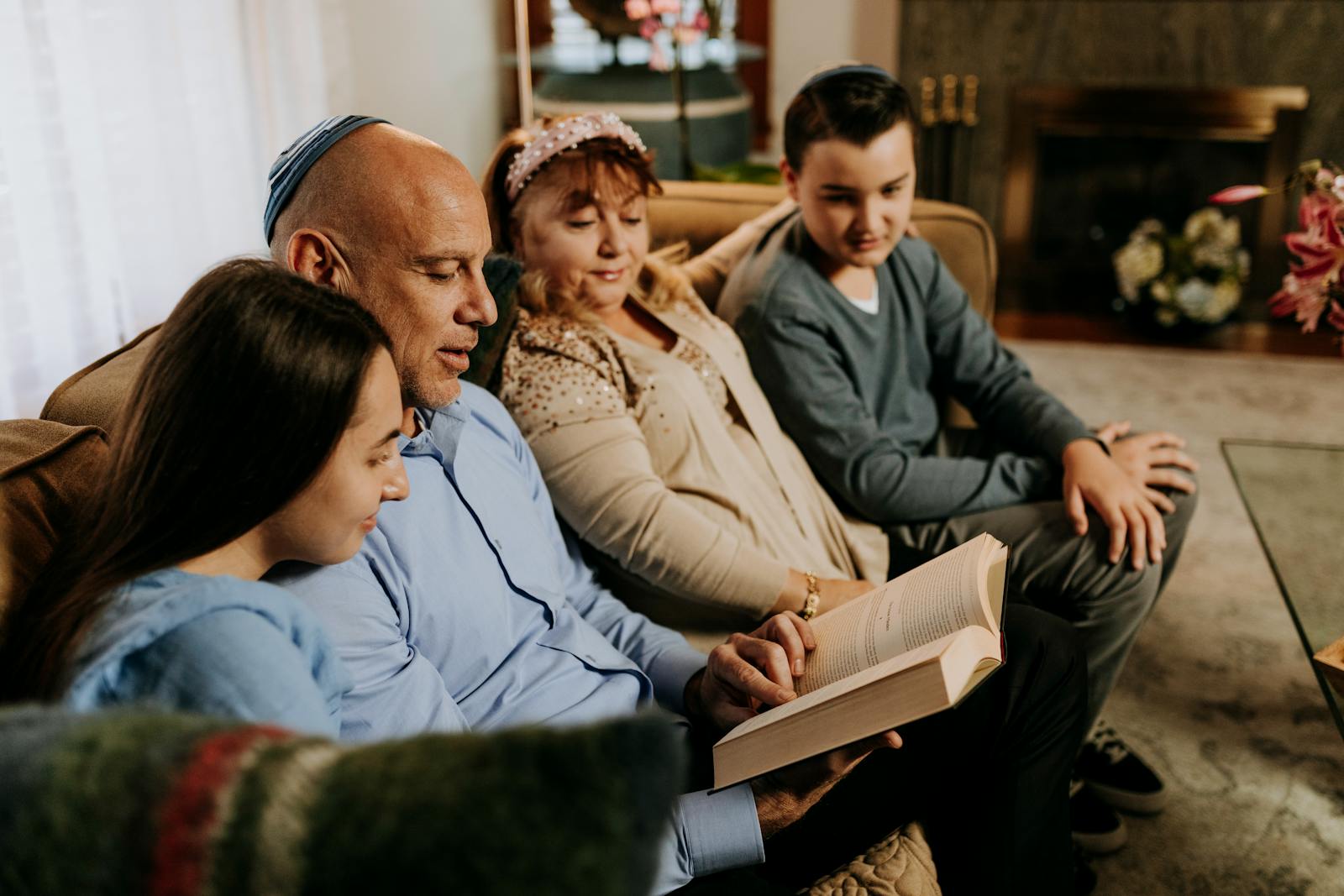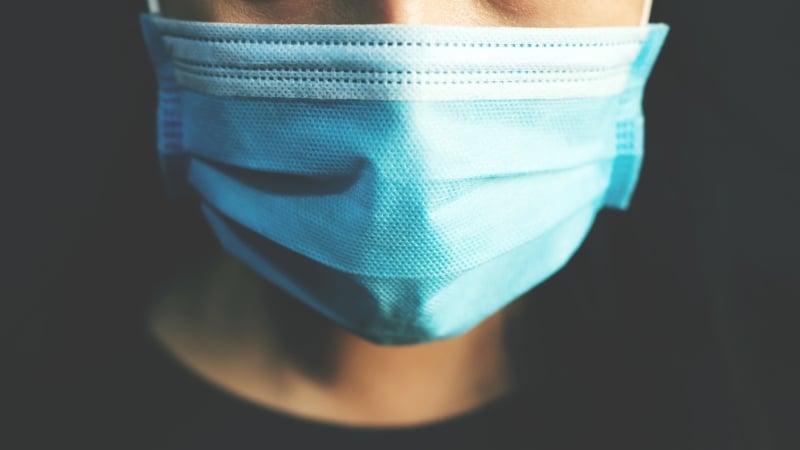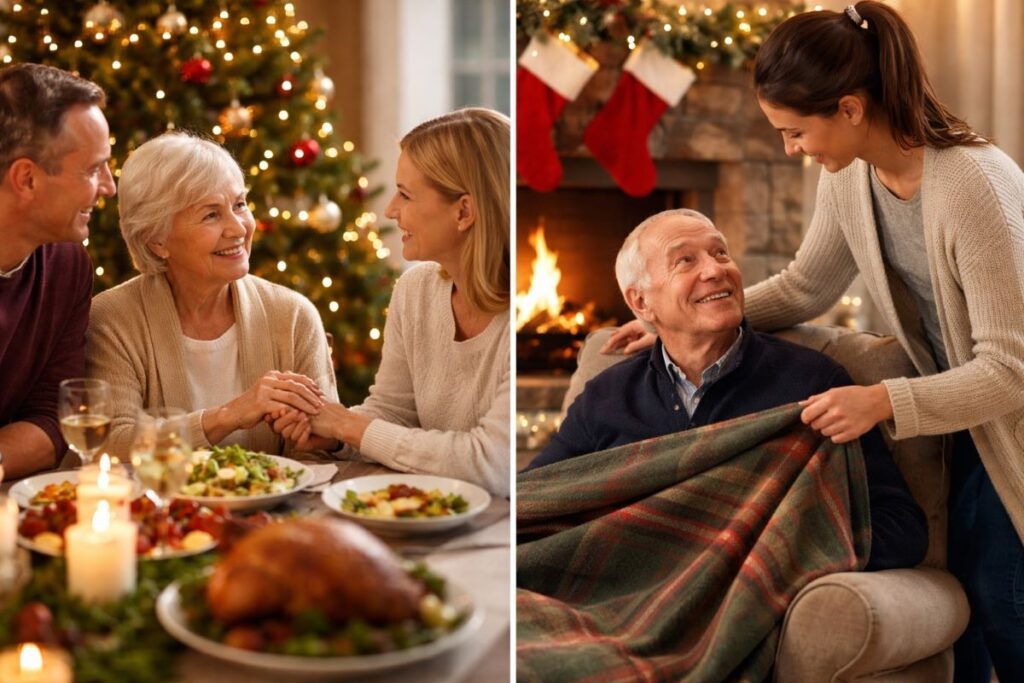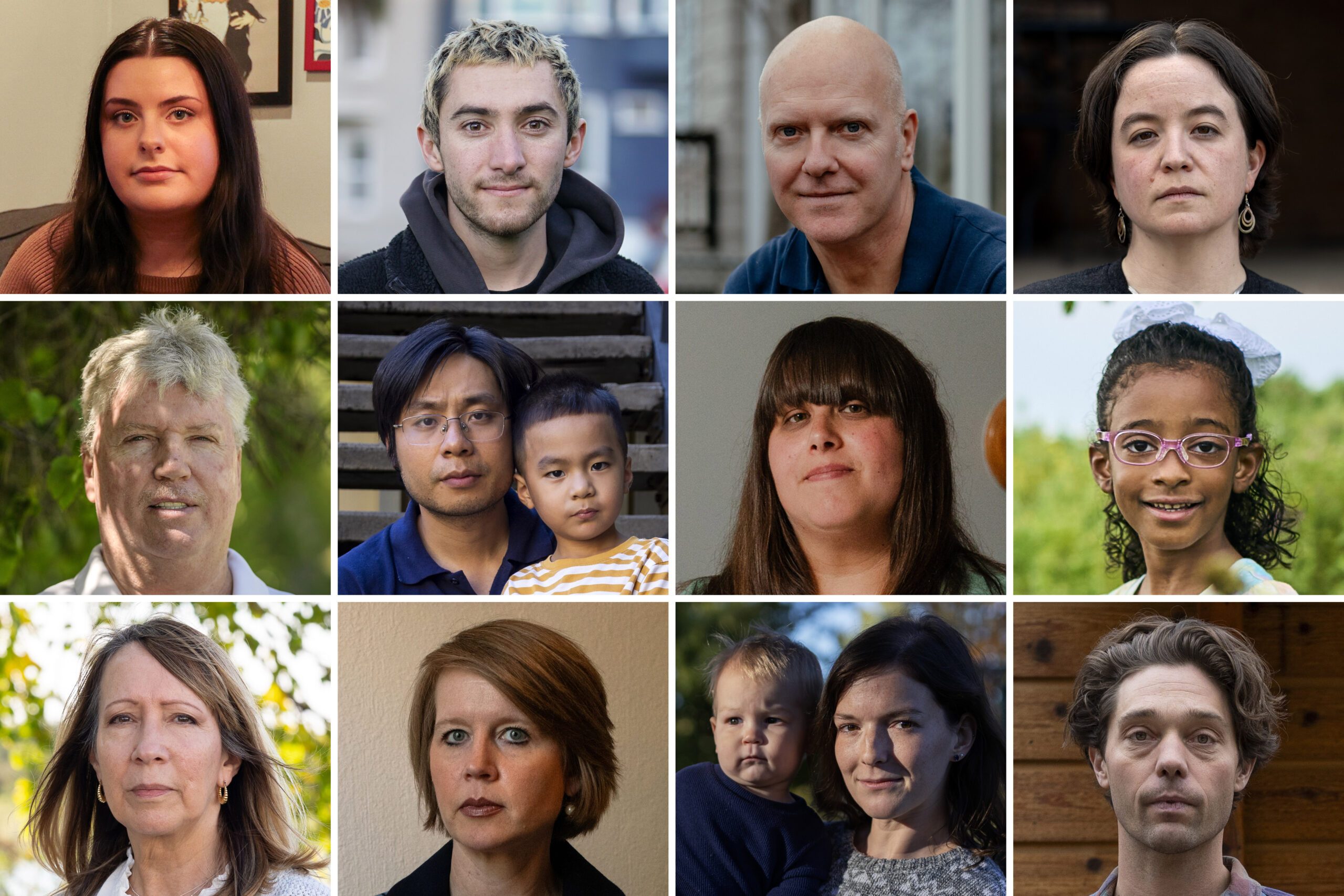By Michigan State
Of the 31% who said their household had altered access to food, over half (53%) reported fewer financial resources. Thirty-seven percent did not feel comfortable shopping at the grocery store and 32% felt their food choices were more limited because they did not have reliable transportation. Nearly one-fifth (17%) visited food banks more often.
“COVID-19 laid bare vulnerabilities that already existed in the food system,” says Sheril Kirshenbaum, co-director of the Michigan State University Food Literacy and Engagement Poll. This eighth wave of the poll sampled 2,002 Americans to explore how COVID-19 has affected food choices and access.
“Unfortunately, many families already struggling with food insecurity were strained even further as others found themselves at food banks for the first time,” says Kirshenbaum.
Among respondents who said they had fewer financial resources, three-quarters (74%) chose different brands of food. Nearly half (47%) consumed less food and roughly one-third (31%) used government programs such as the Supplemental Nutrition Assistance Program, or SNAP.
“The pandemic presented yet another challenge to people obtaining nutritious and affordable diets,” says Doug Buhler, co-director of the poll. “On one hand, we should be pleased that the basic system stayed intact, but the pandemic also exposed vulnerabilities that need to be addressed.”
Among the half of respondents (50%) who reported the pandemic has changed the way they purchase and store food, 51% seek out foods with a long shelf life, 50% store more food at home, and 48% take fewer trips to the grocery store. Of respondents, 27% are more aware of the food they waste, and 23% began using a grocery delivery service.
The survey also explored whether receiving a COVID-19 vaccine influenced food access and behavior. Among the 69% of respondents who had been vaccinated at the time of the survey, over two-thirds (67%) say they now visit the grocery more frequently than prior to receiving the shot. One-third (33%) spend more time in the grocery store and 29% report they can more easily access and transport groceries. Just 15% stopped wearing masks where it isn’t required.
Data from the MSU Food Literacy and Engagement Poll were weighted using US Census Bureau figures to ensure the sample’s composition reflects the actual US population. Launched in 2017, the poll has support from Michigan State’s AgBioResearch.
Source: Michigan State University
—
This post was previously published on Futurity.org and is republished here under a Creative Commons license.
***
You Might Also Like These From The Good Men Project
 Compliments Men Want to Hear More Often
Compliments Men Want to Hear More Often  Relationships Aren’t Easy, But They’re Worth It
Relationships Aren’t Easy, But They’re Worth It  The One Thing Men Want More Than Sex
The One Thing Men Want More Than Sex  ..A Man’s Kiss Tells You Everything
..A Man’s Kiss Tells You Everything Join The Good Men Project as a Premium Member today.
All Premium Members get to view The Good Men Project with NO ADS.
A $50 annual membership gives you an all access pass. You can be a part of every call, group, class and community.
A $25 annual membership gives you access to one class, one Social Interest group and our online communities.
A $12 annual membership gives you access to our Friday calls with the publisher, our online community.
Register New Account
Log in if you wish to renew an existing subscription.
Username
First Name
Last Name
Password
Password Again
Choose your subscription level
- Yearly - $50.00 - 1 Year
- Monthly - $6.99 - 1 Month
Credit / Debit Card PayPal Choose Your Payment Method
Auto Renew
Subscribe to The Good Men Project Daily Newsletter By completing this registration form, you are also agreeing to our Terms of Service which can be found here.Need more info? A complete list of benefits is here.
—
Photo credit: Anna Shvets from Pexels
The post 31% Of Americans Report Changed Access to Food appeared first on The Good Men Project.
Original Article










